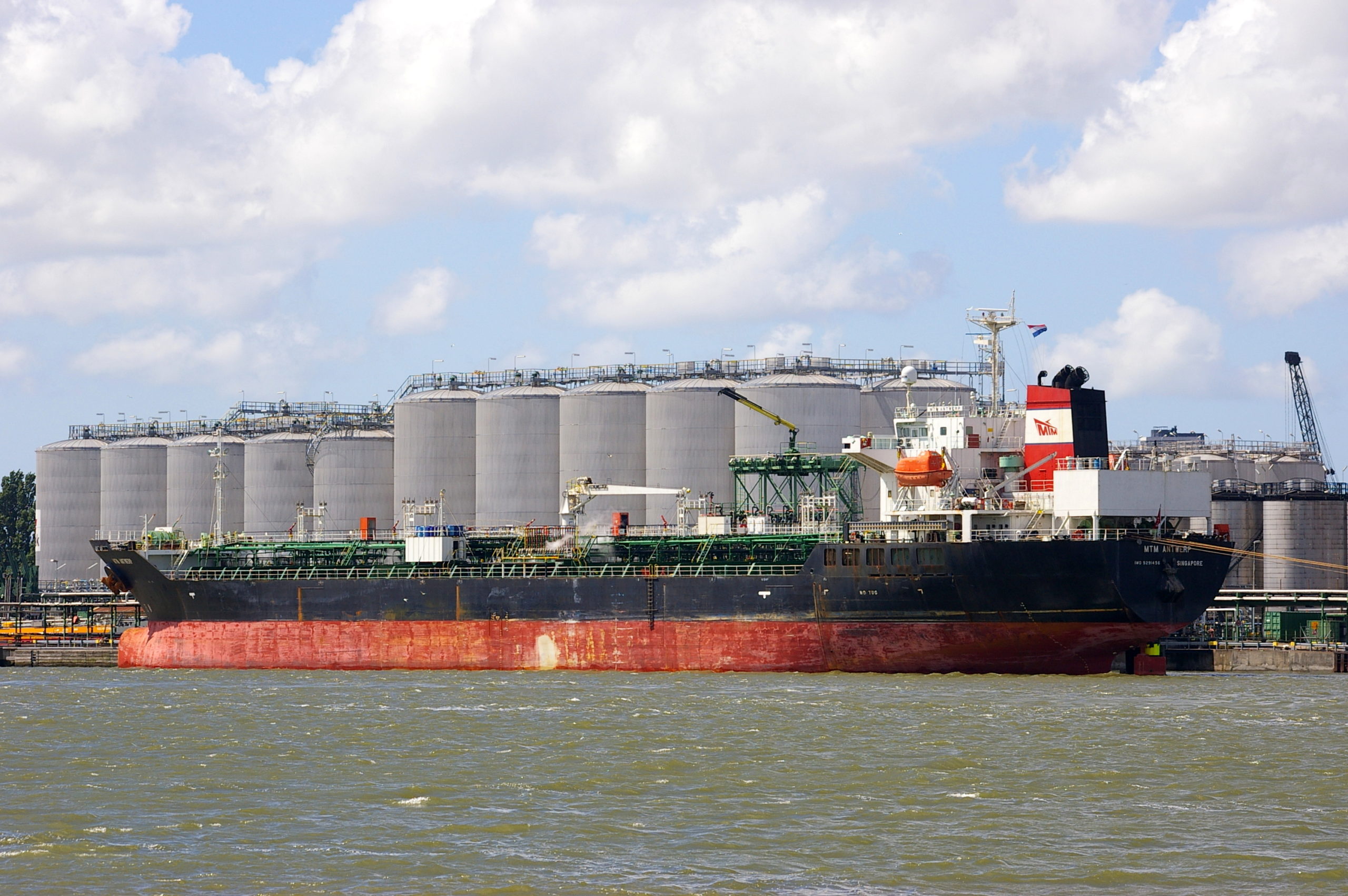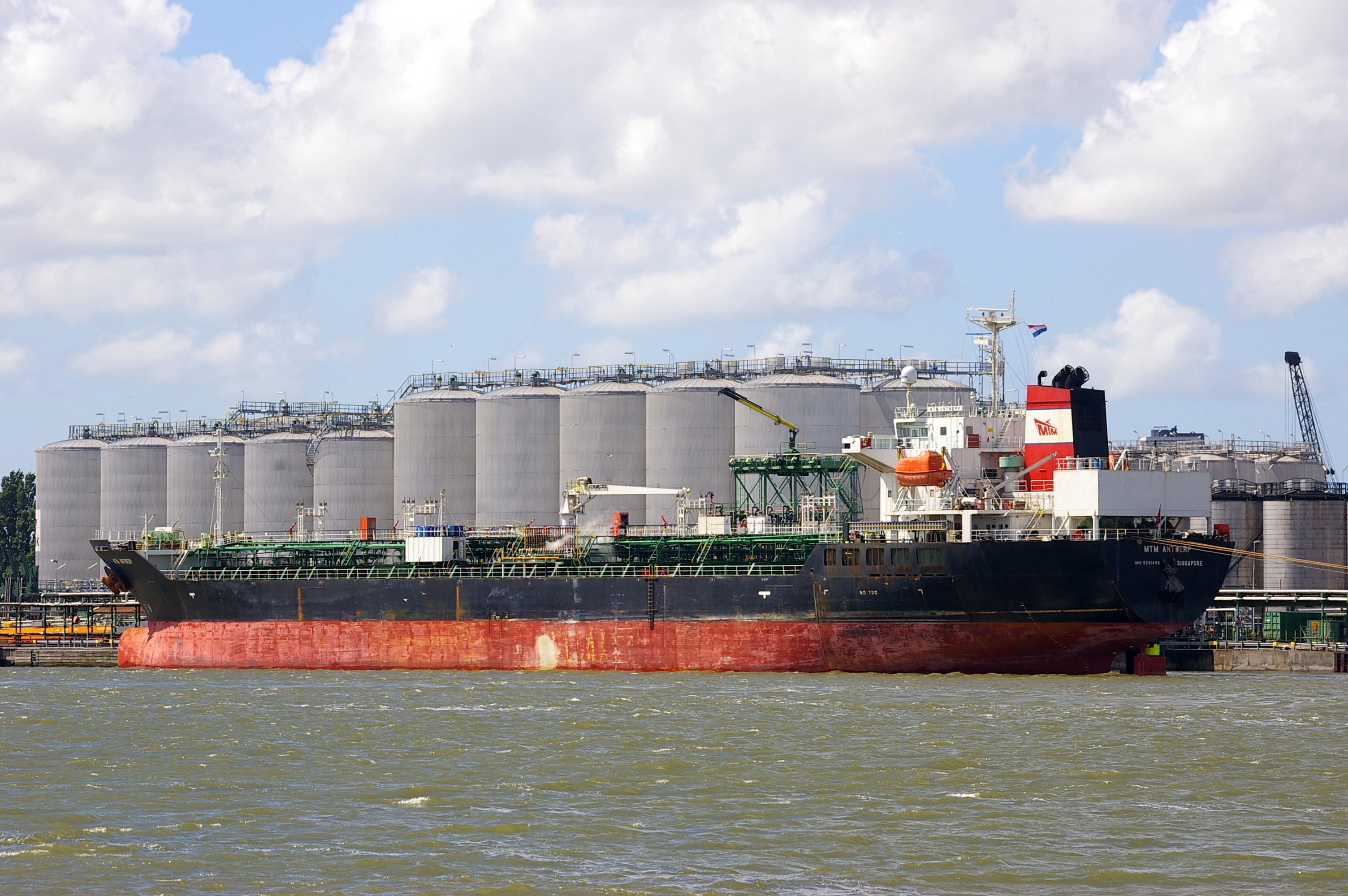
A European Commission committee met on Sept. 6 to discuss whether to renew, amend or abolish a tariff exemption for API Group II base oil imports to the bloc. The waiver is set to expire in December, and ideas to implement a quota are under discussion.
The Union of the European Lubricants Industry and the United Kingdom Lubricants Association both favor a prolonged suspension of the duty, but the European Commission, the EUs decision-making body, is leaning towards a quota on the annual volume of base oil imports that can enter the EU without a tariff. Observers said the quota idea seemed to have momentum at the Sept. 6 meeting of the EUs Economic Tariff Group Question Committee.
Harald Boerekamp, who is tasked with this dossier at the UEIL, said the commission is likely to maintain its proposal to allow 400,000 metric tons per year of Group II base oil to enter the EU without a tariff. Various EU member states and the UEIL have urged that a significantly higher volume be set should a quota come to pass.
The UEIL would like to see a much higher quota for imports because, based on the short-term Group II production constraints at the ExxonMobil facility in Rotterdam, the Netherlands, coupled with rising demand in the EU and Turkey, the European market will face shortages of Group II base oils, Boerekamp said, following the talks.
Group II base oils are among a group of products that have been subject to an import duty of 3.7 percent since 2016, but the tariff has been temporarily suspended for Group II because, as the European Commission website states, they cannot be supplied (or supplied in sufficient quantities) from EU or Turkish manufacturers.
According to UEIL-member VSN, the national lubricants association in the Netherlands, blenders need to have equal and uninhibited access to Group II base stocks, as this will ensure and improve their competitiveness.
The tariff waiver came under scrutiny after the opening earlier this year of Europes first large Group II plant – an ExxonMobil facility in Rotterdam. Some contended that the tariff exemption was no longer needed now that the region had a facility with capacity to produce 1 million metric tons of Group II per year.
Lube blenders and industry groups disagreed, contending that ExxonMobils plant does not come close to meeting the trade blocs Group II needs. The UEIL puts current Group II demand in the EU and Turkey combined at some 1.85 million tons.
The plant has a rumored production capacity of 1 million metric tons per year, but there is no refinery in the world that operates at nameplate capacity, VSN told Lube Report. Even if it did, it still falls way short of demand, which is almost double that.
Denis Varaksin, managing director at Berlin-based commodity trader DYM Resources, is not a fan of tariffs. He argued that the absence of tariffs stimulates fair competition, which means better pricing for customers.
Exxon[Mobil]s Group II production capacity is very big, yet it will not be able to cover all demand for base oils in Europe, Varaskin said. Also, it may be not that easy to switch from one approved product to another, even if it is Group II, which is known for its better replaceability. I believe it is more likely for Exxon to export from Europe to balance the European market than – for example – for Chevron to stop supplying Europe. His activities center on the export of Group I, II and III base oils – among other products – from refiners in Russia, Turkmenistan and Uzbekistan.
Varaksin said he does not expect Chevron – the dominant North American importer of Group II into the EU – to walk away from its long-term commitments to its clients in Europe, even when Exxon starts flooding the market, and the import tariff remains.
Photo by Adrian Brown
